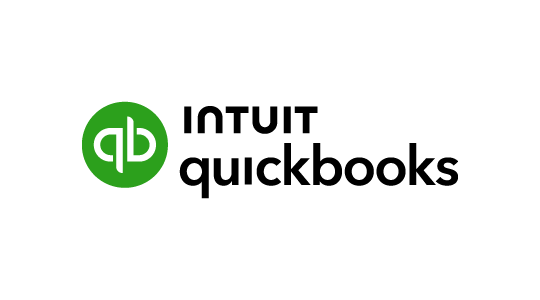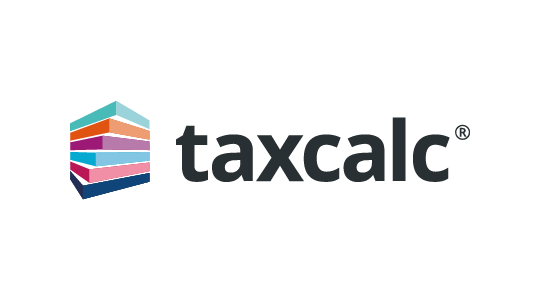
welcome@mpoweraccounting.com
| 01892 234353
Since 2006
Small Business Accountants Supporting Southeast England
Expert bookkeeping and accounting services for small businesses

Get the whole picture with our flexible services
At Mpower Accounting, we provide expert financial support to small businesses and startups across Southeast England. From bookkeeping to tax compliance, we offer a full range of accounting services designed to help you succeed. Whether you're looking for accurate financial management, reliable payroll, or expert guidance with HMRC enquiries, we’re here to help your business thrive.
We offer a comprehensive range of services tailored to meet the needs of small businesses and startups:
-
Bookkeeping
Making sense of your numbers to get the whole pictureButton -
Accounting
Effective accounting which works for you all year round and not just at the year end.Button -
Tax Consulting
Our comprehensive and up to date knowledge will keep you safe in the UK's complex tax systemButton -
Payroll Services for Small Business
Don't lose sleep over payroll, let our expert service give you sweet dreamsButton -
Credit Control
Turn your sales into a healthy bank balanceButton -
Equipping & Training
Investing in people to build a successful businessButton -
HMRC enquiries & penalties
Effectively handling enquires and investigations by the HMRC to achieve the best outcomeButton -
Financial Directorship
The benefit of having a Financial Director without the price tagButton
Why Choose Us?
With over 25 years of experience, MPower Accounting is a trusted name in the business community. We combine expertise with a commitment to client satisfaction, offering transparent pricing and tailored solutions.
We understand the unique challenges faced by small businesses in Southeast England. With our extensive local knowledge and experience, we are perfectly positioned to provide tailored accounting solutions to businesses in Kent, Sussex, and the surrounding areas.
Let us empower your financial success!
Area’s we serve
We proudly support businesses across:
Kent: Including Tonbridge, Maidstone, Tunbridge Wells, and Sevenoaks.
Sussex: Covering towns such as Crawley, Haywards Heath, and Brighton.
Southeast England: Providing services to businesses throughout the region.
Wherever you’re located, we’re just a call away, ready to provide the personalised support your business needs.
Frequently Asked Questions
Why should I choose a small business accountant near me?
Having a local accountant means you get personalised service and a better understanding of the local market. We’re here to meet your needs and provide quick, tailored solutions.
What areas in Southeast England do you serve?
We provide services across Kent, Sussex, and the Southeast, including major towns like Maidstone, Tunbridge Wells, and Brighton.
Can you help with HMRC penalties or enquiries?
Yes! We have extensive experience handling HMRC enquiries and investigations, ensuring you achieve the best outcome.
Do you offer training for my team?
Absolutely. Our equipping and training services are designed to empower your team with financial knowledge to build a successful business.
What Our Clients Say
We feel entirely supported as a growing small business with the range of accounting support including PAYE, Nest pensions, VAT returns and on-going Xero processing. We have been a customer for nearly 10 years and have received an excellent service and can highly recommend MPower.
Sophie Stevens
We’ve worked with M:Power for several years and have been extremely happy with the professional and service provided. Most recently Paula has helped us set up the accounts of a new business venture. A friendly approach and is always happy to explain the complexities of accounting in layman’s terms!
Hatty Philips
We’ve been working with Paula and her team since the end of 2015. IDology is a small business and Paula understands exactly what we need and is brilliant in coming up for the solutions that suit us best. The team are responsive and professional and we couldn’t ask for better support.
Lucy Ratcliffe
Ready to Simplify Your Business Finances?
Contact Mpower Accounting today to learn how we can help your business thrive. Whether you’re looking for bookkeeping, tax planning, or payroll management, our team is here to support you every step of the way.
- Phone: 01892 234353
- Email: welcome@mpoweraccounting.com
- Address: 2 Oast View, Horsmonden, Tonbridge, Kent TN12 8LE

News & Views




Let’s connect
2 Oast View
Horsmonden
Tonbridge
Kent TN12 8LE















